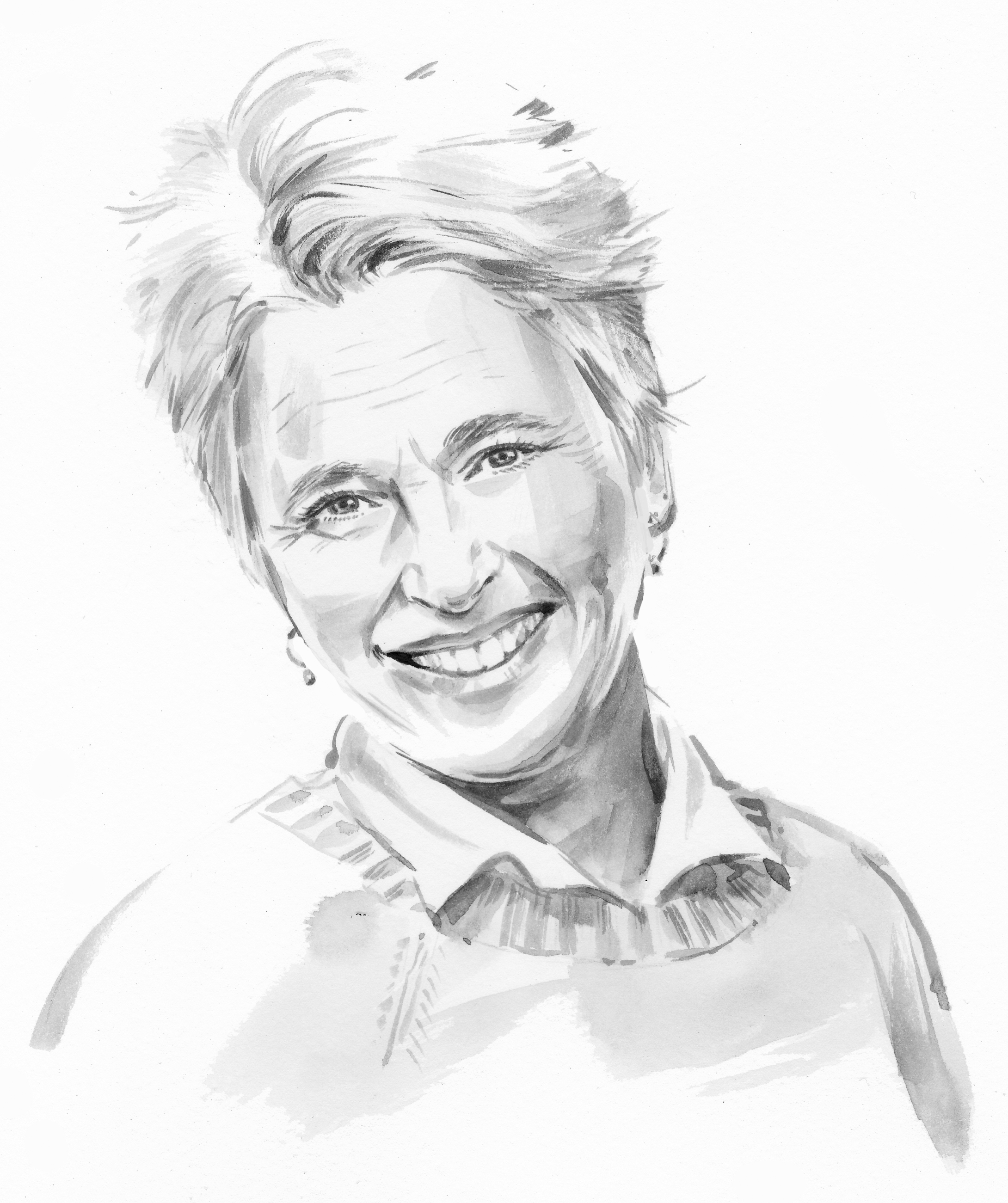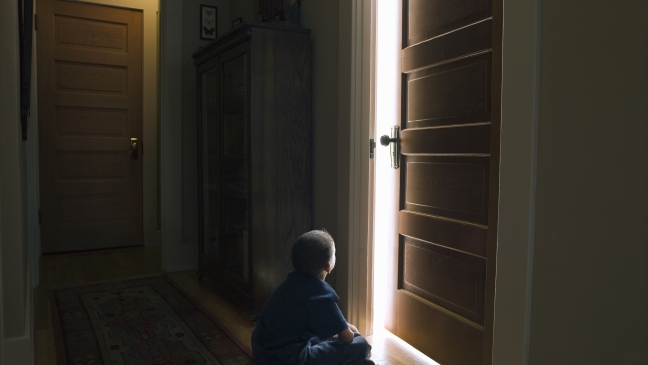The fall in the numbers of pupils achieving the expected standard in the phonics screening check and the key stage 1 assessments will come as no surprise to anyone who works in a primary school.
It will be a disappointment to many, yes. But certainly not a surprise. Here we have, in black and white, a stark reminder of the turmoil of the past few years.
So, just how bad are the results? As the statistical release from the Department for Education showed, the percentage of pupils in Year 1 achieving the expected standard in the phonics screening check fell from 84 per cent to 80 per cent. By the end of key stage 1, the largest fall in attainment compared with 2019 was in writing (12 percentage points), followed by reading and maths (8 percentage points).
At first, the screening check results might not seem disastrous - 80 per cent reaching the expected standard doesn’t sound too bad.
But that’s before you consider more vulnerable pupils, for whom the headlines are far worse.
Only 62 per cent of disadvantaged pupils achieved the phonics screening check pass mark of 32 (the lowest percentage since 2014) and the gap between these pupils and their more affluent peers is now bigger than it has ever been: an 18 percentage point difference. All the progress we had made towards closing this gap over the past few years has vanished.
Read more:
While it is tempting to blame the pandemic for the drop in attainment (and, undoubtedly, this had an impact), it is also worth recognising that there have been further pressures in classrooms across the country since the easing of pandemic restrictions.
Schools have been tasked with the implementation of the Reception baseline assessment, changes to the early years foundation stage curriculum, the move to new validated phonics schemes and changes advised by Ofsted through its research reviews.
Phonics and KS1 Sats results show the impact of Covid
Post-pandemic life has been characterised by a determined focus on a return to “business as usual”. Onwards, with the pre-pandemic plans!
Yet these changes were planned in a different world - a world where children could attend preschool, had access to a wide range of opportunities (even the obvious ones like going shopping) and could interact with a wide variety of people in different situations. A world where regular health checks, meetings with health visitors and support from social care, when needed, were an integral part of a young child’s life.
The children who are represented by these test results did not experience that pre-pandemic normality. Their young lives have known restrictions to the interactions and experiences we take for granted as a fundamental part of early childhood education.
Clearly, the impact on the most vulnerable has been greatest. And while the temptation has been to plug the gaps in attainment for students taking national exams, which carry heavy accountability, these results suggest that the needs of our youngest and most vulnerable learners have been ignored.
The return to “business as usual” has failed to respond to the lives these children have actually led.
Many children arrived in classrooms they did not have the skills to access. The curriculum they find themselves within has been designed for children from a different era. The skills, knowledge and experiences developed through normal pre-pandemic everyday life are not in place.
Yet instead of exploring and responding to this new normality, schools have been tasked with implementing new systems, planned in a different normality. The needs of the children seem to have been lost along the way.
So, what next? Do we continue to plough on regardless? More tutoring? More tests? More phonics?
I’m not so sure. Perhaps now is the time to stop and take stock. To recognise the new world we find ourselves in and move into this uncharted territory with an open mind and new plans.
Perhaps it is time to find the children where they are, and start afresh.
Megan Dixon is a doctoral student and associate lecturer at Sheffield Hallam University






